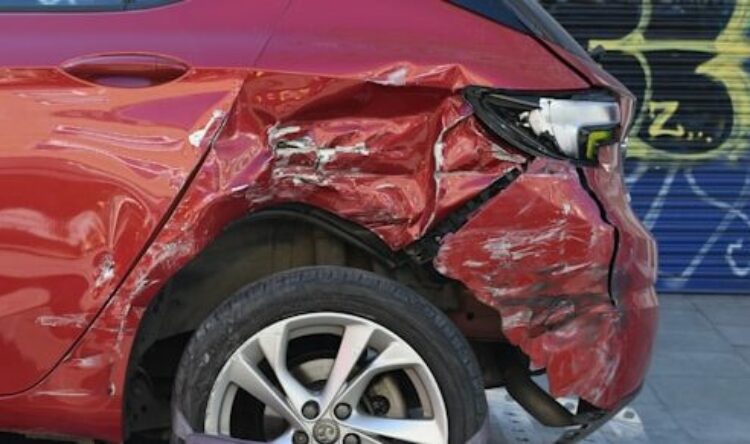Fitness to drive
Review of driver licensing for those with medical condition calls for evidence
The DVLA is looking to revitalise the driver licensing system for those with medical conditions.
Roads minister Richard Holden describes this area of licensing as “vital”.
“A range of medical conditions, disabilities and treatments can affect an individual’s ability to safely control a vehicle,” states Holden. “All drivers are therefore legally obliged to tell the Driver and Vehicle Licensing Agency (DVLA) about any medical condition that affects their ability to drive. This is vital in helping to make sure that their health does not unduly increase their risk of having a road traffic accident which could cause injury or death to themselves and other road users.”
Different perspectives
In order to successfully review the current rules and regulations, a call for evidence has been made. Calling for evidence and views from those with knowledge on and around the subject, it looks to ‘strike the right balance between the road safety risks and the needs of a driver to maintain mobility’.
The DVLA assesses the fitness to drive of individuals with medical conditions and makes licensing decisions. This is to ensure that driving licences are only issued to those who meet the required medical standards.
At present, the onus is on drivers to inform the DVLA of any medical condition which may affect their ability to drive safely. However, there have been long-standing concerns about this approach.
For example, in some other countries, there are legal obligations on doctors to inform the driver licensing authority if someone has a medical condition that might make them unfit to drive.
While the DVLA says it is important that licensing decisions are made based on the correct information, it would seem that there is a slight contradiction when it comes to the voluntary approach.
Something to say
The new consultation, which is open until 22 October, asks for external views. This is particularly so where policy or legislative changes may be able to improve outcomes for drivers and other road users.
This call is described as an early-stage request for input. This informations will help formulate proposals that could support potential future changes to the legislative framework.
Richard Holden, minister for roads and local transport, says: “We recognise that there are many people and organisations with a wide range of expertise that might have views or ideas that they wish to share and that is why we are launching this call for evidence. We want to understand any opportunities for change in this area and we need your help with that.”
Holden adds that “this call for evidence is to tap into a wide range of experience, views, and research to help us to identify areas where policy or legislative changes may be able to improve outcomes for drivers and other road users.




